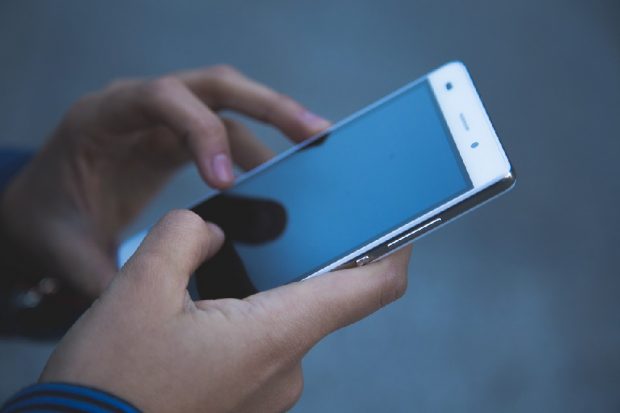
Technology has the potential to save lives and help us deal with the COVID-19 pandemic. In the coming weeks, the NHS will be launching a contact-tracing app. The app automates the process of contact tracing - with the goal of reducing transmission of the virus by alerting people who may have been exposed so they can take action to protect themselves, the people they care about and the NHS. We believe this could be important in helping the country return to normality and beating coronavirus.
The app will be part of a wider approach that will involve contact tracing and testing. We are working hard to make sure that all these elements are properly linked up, to make it as seamless as possible and to ensure the app complements more traditional measures that, working together, can protect vulnerable groups and those who cannot or do not want to access digital tools.
The app will give the public a simple way to make a difference and to help keep themselves and their families safe. The technology is based on research evidence developed by epidemiologists, mathematical modellers and ethicists at Oxford University’s Nuffield Departments of Medicine and Population Health. Once you install the app, it will start logging the distance between your phone and other phones nearby that also have the app installed using Bluetooth Low Energy.
This anonymous log of how close you are to others will be stored securely on your phone. If you become unwell with symptoms of COVID-19, you can choose to allow the app to inform the NHS which, subject to sophisticated risk analysis, will trigger an anonymous alert to those other app users with whom you came into significant contact over the previous few days.
The app will advise you what action to take if you have been close to someone who has become symptomatic – including advising you to self-isolate if necessary. The exact advice on what you should do will depend on the evolving context and approach. It will be based on the science, and will be approved by the Chief Medical Officer. Scientists and doctors will continuously support us to fine-tune the app to ensure it is as helpful as possible both to individuals and to the NHS in managing the pandemic.
In future releases of the app, people will be able to choose to provide the NHS with extra information about themselves to help us identify hotspots and trends. Those of us who agree to provide this extra information will be playing a key role in providing additional information about the spread of COVID-19 that will contribute towards protecting the health of others and getting the country back to normal in a controlled way, as restrictions ease.
The data will only ever be used for NHS care, management, evaluation and research. You will always be able to delete the app and all associated data whenever you want. We will always comply with the law around the use of your data, including the Data Protection Act and will explain how we intend to use it. We will be totally open and transparent about your choices in the app and what they mean. If we make any changes to how the app works over time, we will explain in plain English why those changes were made and what they mean for you. Your privacy is crucial to the NHS, and so while these are unusual times, we are acutely aware of our obligations to you. Just as the NHS strives at all times to keep your health records confidential, so it will keep the app data secure. Patient confidentiality is built in to the NHS. It is one of our key values.
We have prioritised security and privacy in all stages of the app’s development, starting with the initial design, and user testing. We have drawn on expertise from across government and industry to review our design and help test the app. We are working with Apple and Google on their welcome support for tracing apps around the world. As part of our commitment to transparency, we will be publishing the key security and privacy designs alongside the source code so privacy experts can “look under the bonnet” and help us ensure the security is absolutely world class.
We have worked quickly to build the app because that is what the situation demands. But we have not let that urgency compromise our commitment to transparency, ethics and the law. We have been consulting on our plans with the Information Commissioner (see this blog), the National Data Guardian’s Panel and the Centre for Data Ethics and Innovation, as well as with representatives from Understanding Patient Data and volunteers who provided a patient and public perspective. We have established an ethics advisory board for the app, chaired by Professor Sir Jonathan Montgomery from University College London who previously headed the Nuffield Council on Bioethics. Their advice and expertise will be crucial to everything we do.
We are also taking technical assurance very seriously, with an independent assurance board ensuring that the app we deliver will be stable, resilient, secure, performant, highly usable and above all effective in the fight against COVID-19. The assurance board includes experts in mobile apps, data governance and clinical safety.
We are committed to listening to your ideas and concerns to ensure this app will develop and improve over time. We will explain to app users when and why we make any changes. User-testing sits at the heart of the app’s design, its implementation and its continuous improvement.
This new app has the potential to contribute towards the country returning to normality - but only if a large proportion of the population installs it. Which means that millions of us are going to need to trust the app and follow the advice it provides. To earn that trust, we will continue to work based on transparent standards of privacy, security and ethics.
Leave a comment